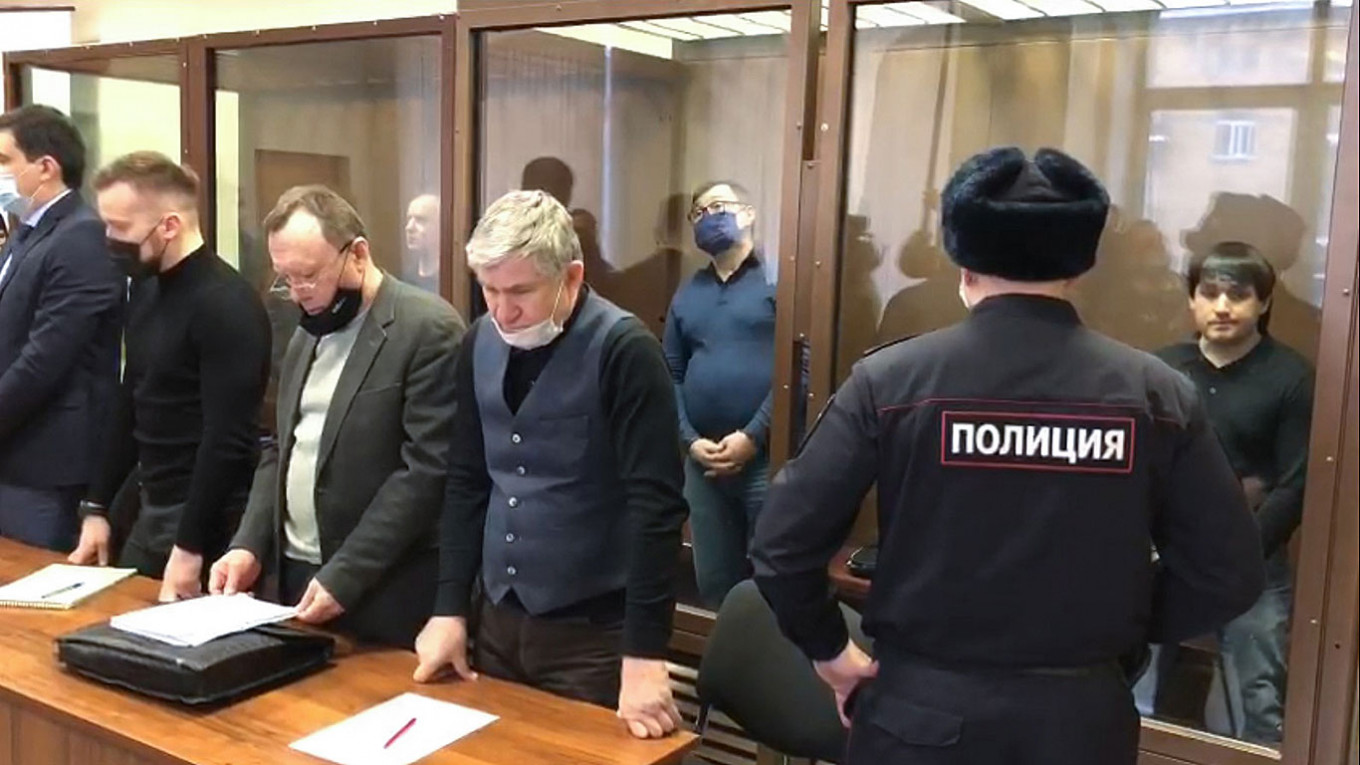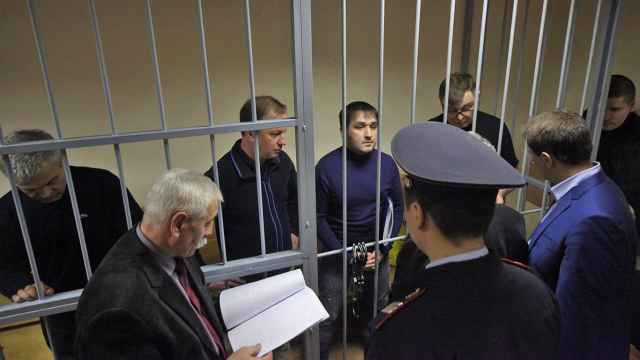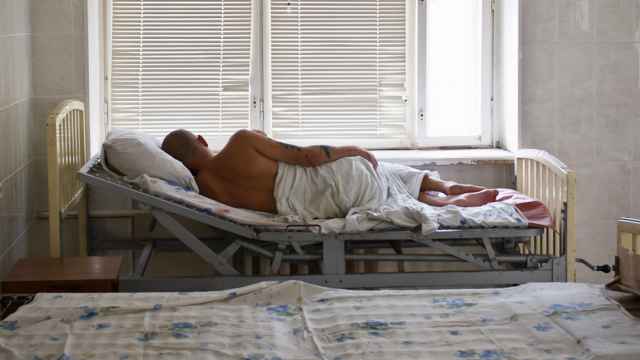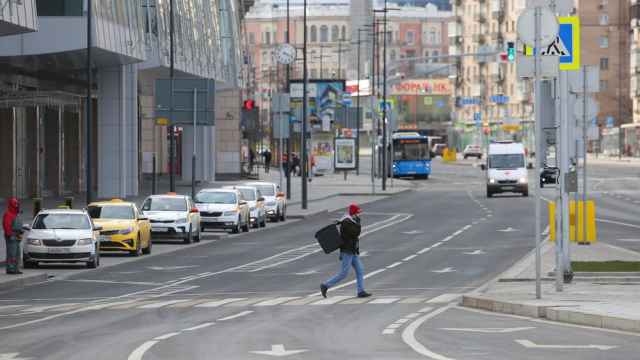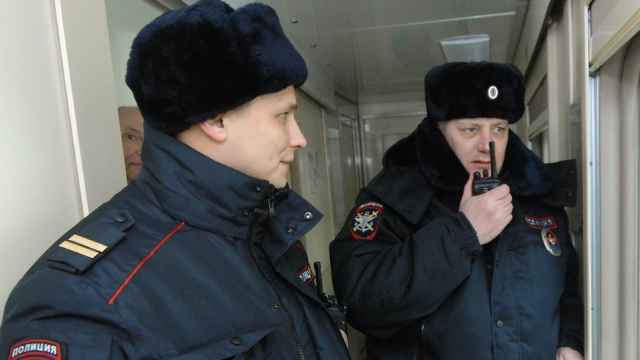A Russian court on Thursday sentenced four men to lengthy jail terms for trying to smuggle nearly 400 kilograms of cocaine in suitcases from the Russian Embassy in Argentina.
In a case dating back to 2018, Argentine authorities seized the cocaine, worth $62 million, hidden in suitcases in the Russian Embassy school.
Moscow's Dorogomilovsky district court sentenced the alleged mastermind, Andrei Kovalchuk, to 18 years, his lawyer Sergei Yurosh told AFP, but said they planned to appeal.
A former employee of the Russian Embassy in Argentina, Ali Abyanov, was handed a 17-year jail term.
Two other men, who had reportedly tried to move the suitcases from a foreign ministry storage facility in Moscow, were sentenced to 16 and 13 years respectively.
The plot was foiled when investigators replaced the drugs with flour to monitor the gang in a joint Russian-Argentine operation.
Kovalchuk was arrested in Germany in 2018 after going on the run and extradited to Russia the same year.
The case sparked controversy in Russia at the time when the media questioned contradictory official accounts of events.
Patricia Bullrich, Argentina's security minister, said that the gang had sought to use the Russian diplomatic courier service to fly the cocaine to Europe.
But when Argentine police released images of a Russian aircraft used in the sting operation and bearing the number of security council chief Nikolai Patrushev's plane, the Kremlin denied any of its fleet had been involved.
Argentine investigators believe the cocaine – which they described as being very pure – likely originated in Colombia or Peru.
The drugs were destined for Russia and, it is believed, for Germany, where Kovalchuk lived.
Russian and Argentine police mounted the sting operation after the Russian ambassador informed authorities of the drugs found in 2016.
A Message from The Moscow Times:
Dear readers,
We are facing unprecedented challenges. Russia's Prosecutor General's Office has designated The Moscow Times as an "undesirable" organization, criminalizing our work and putting our staff at risk of prosecution. This follows our earlier unjust labeling as a "foreign agent."
These actions are direct attempts to silence independent journalism in Russia. The authorities claim our work "discredits the decisions of the Russian leadership." We see things differently: we strive to provide accurate, unbiased reporting on Russia.
We, the journalists of The Moscow Times, refuse to be silenced. But to continue our work, we need your help.
Your support, no matter how small, makes a world of difference. If you can, please support us monthly starting from just $2. It's quick to set up, and every contribution makes a significant impact.
By supporting The Moscow Times, you're defending open, independent journalism in the face of repression. Thank you for standing with us.
Remind me later.


